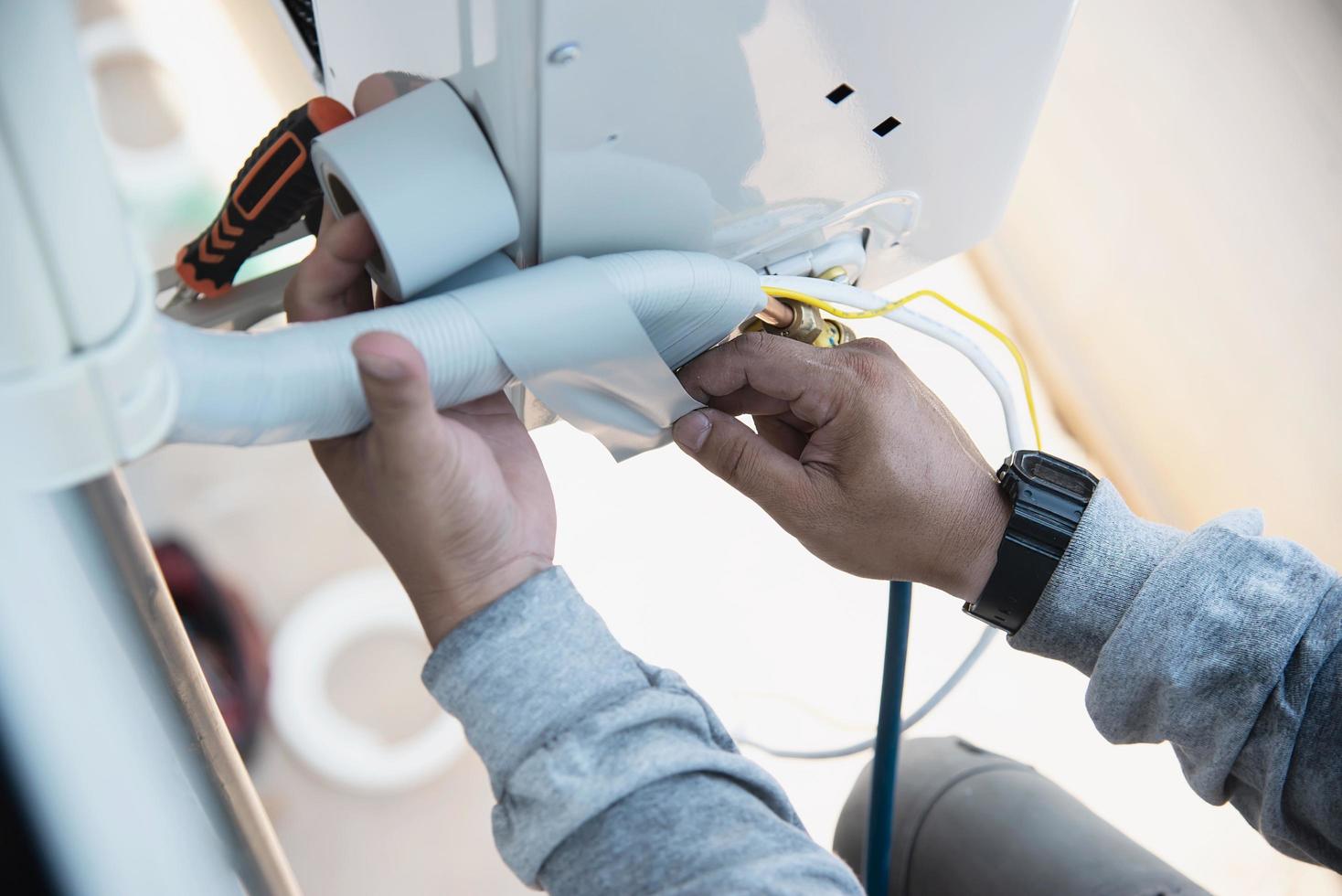In recent years, the HVAC industry has seen notable innovations that cater to the developing needs of homeowners and businesses alike. As we usher in a fresh era of technology and energy efficiency, understanding the fundamentals of heating, ventilation, and air conditioning systems becomes more crucial than previously. Whether you are a home resident looking to improve your comfort or a business owner needing effective solutions, this guide will walk you through the newest advancements and practical tips to improve your HVAC experience.
From smart thermostats that maximize energy usage to geothermal systems that tap into renewable energy, the options available today are wide-ranging and exciting. Furthermore, with rising awareness of indoor air quality and its effect on health, new HVAC solutions are addressing these concerns head-on. Join us as we explore what is trending in the HVAC industry, uncover effective maintenance strategies, and share insights into choosing the right system for your specific use.
Understanding Heating, Ventilation, and Air Conditioning Solutions
HVAC stands for Heating,; being essential elements of modern climate control systems in both home and business buildings. They collaborate to manage indoor temp, humidity, and air quality, guaranteeing that spaces remain comfortable throughout the year. Comprehending how an HVAC system functions is vital for homeowners and companies alike, as it allows for better maintenance and energy conservation.
The heating aspect of HVAC typically includes furnaces or heat pumps that generate warmth during colder months, while AC units provide cooling during the hotter months. Ventilation is equally important, as it allows for the switch of indoor and outdoor air, which helps to regulate humidity and improve indoor air quality. Proper ventilation can greatly impact health and comfort, as it minimizes the buildup of pollutants and allergens in indoor spaces.
Innovations in HVAC technology have further enhanced system performance and performance. Smart HVAC systems equipped with advanced thermostats and sensors allow users to optimize their climate settings remotely, further minimizing energy consumption. Additionally, new eco-friendly models, such as ground-source and solar-powered options, are becoming more common, providing green alternatives to traditional heating and cooling systems. Knowing these innovations can help consumers make knowledgeable choices about their HVAC systems.

Common HVAC Problems and Solutions
One of the most frequent problems homeowners face with their HVAC units is poor heating or cooling. This issue can arise for several reasons, including improper system sizing, blocked air filters, or faulty thermostats. To resolve this, begin by inspecting and changing air filters regularly to ensure proper airflow. If the issue continues, it may be advisable to consult with an HVAC professional to evaluate the system and make adjustments for optimal performance.
Another regular issue is strange noises coming from the HVAC system, which can signal various problems such as loose components or worn-out parts. Rattling, banging, or hissing sounds should not be dismissed, as they can be signs of upcoming failure. Routine maintenance checks can often identify these problems early. If unusual noises are noticed, it's crucial to turn off the system and call a technician to investigate the issue before it causes more significant damage.
Finally, poor indoor air quality is an problem that can significantly impact health and comfort. Factors such as elevated humidity, dust, and allergens can circulate throughout the home if not properly managed. One effective approach is to invest in superior air filters and consider an air purification system. Additionally, ensuring proper ventilation can help boost air quality, so routine checks of ductwork and vents are crucial to ensure they are clear and operating properly.
Advancements and Emerging Developments in HVAC
The HVAC industry is undergoing a transformation driven by innovations in technology and a increasing emphasis on energy efficiency. One of the most prominent trends is the incorporation of intelligent technology into HVAC systems. Intelligent thermostats and home automation systems allow homeowners to oversee and control their systems from a distance, optimizing energy use and maintaining comfort while lowering costs. These developments enhance user experience and help in achieving sustainable energy use, which is increasingly important in today’s environmental landscape.
Another significant trend is the rise of renewable energy sources, particularly solar HVAC systems. As the technology continues to improve, an increasing number of homeowners and businesses are spending in solar energy solutions to power their heating and cooling needs. Geothermal heating and cooling systems are also becoming popular, providing significant energy savings and reducing dependence on non-renewable energy sources. These solutions not just reduce energy bills but also contribute to the overall reduction of carbon emissions, aligning with global sustainability goals.
Finally, indoor air quality is becoming a central focus in HVAC innovation. Cutting-edge filtration systems and air purifiers are being incorporated into HVAC designs to address common allergens and pollutants, enhancing indoor living conditions. With increasing AC repair of the importance of air quality, especially in the wake of health crises, HVAC systems are now designed to monitor and enhance ventilation efficiently. As these trends progress, homeowners and businesses can expect more efficient, eco-friendly, and health-conscious HVAC solutions in the near future.
